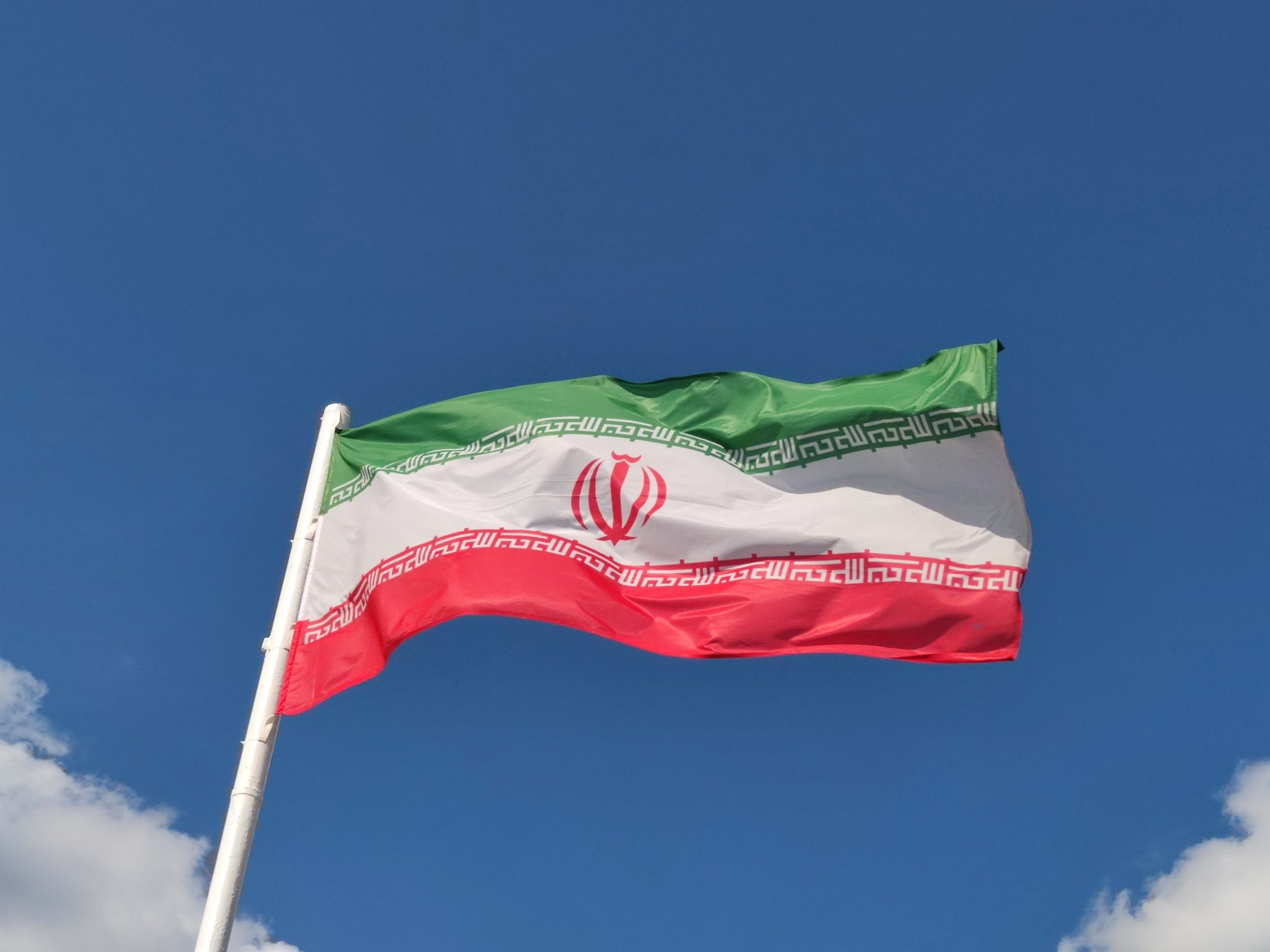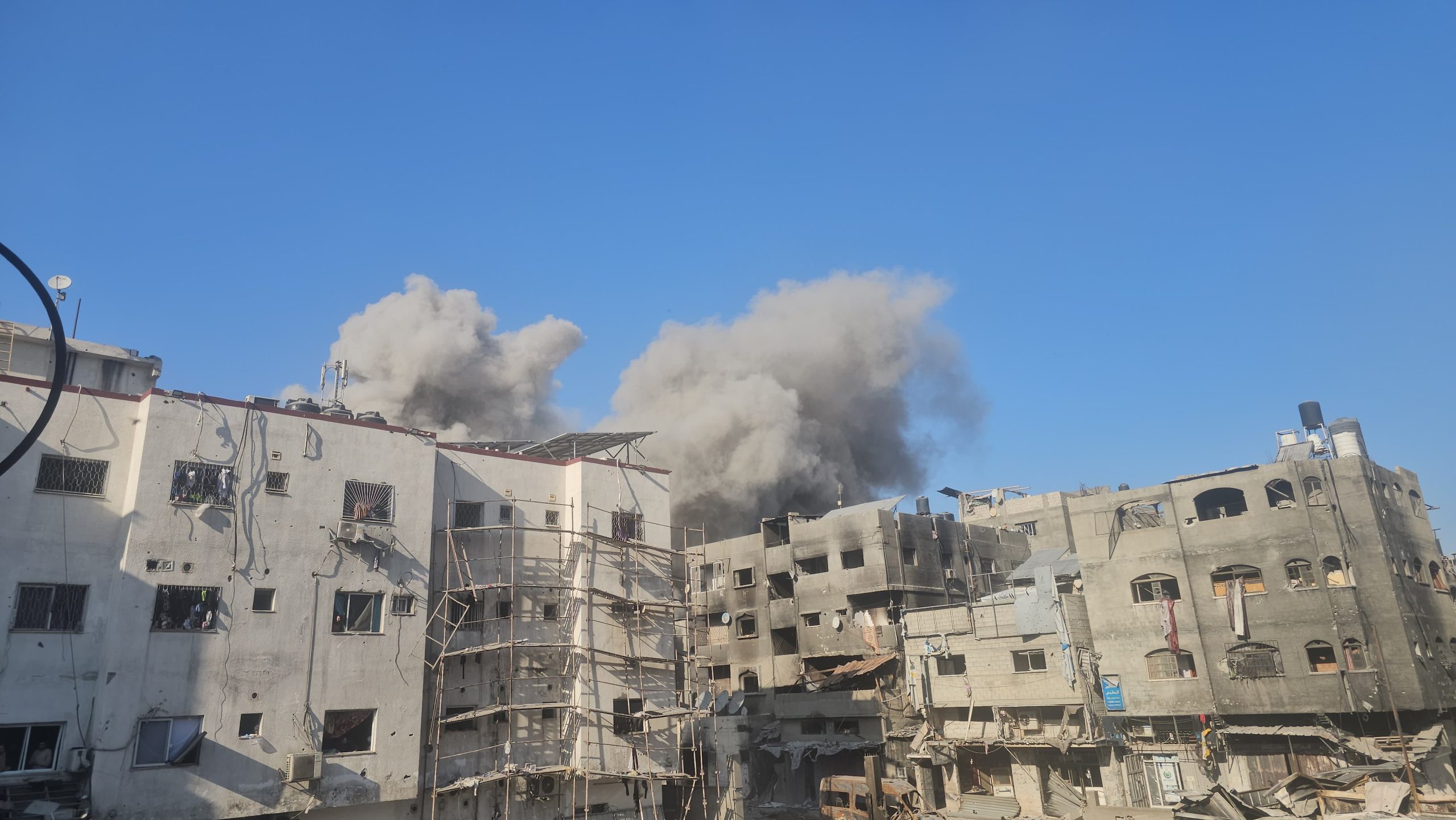Citizens and residents have been expressing their growing frustration at the local health sector in recent days, in light of what has been described as “mismanagement”.
Qatar has been witnessing an alarming rise in Covid-19 cases over the past couple of weeks. The country seemed to have contained the coronavirus after daily infections remained under 200 through the end of August until the second week of December last year.
On Monday, Qatar’s health ministry [MoPH] said it had registered 1,177 new infections, which bumped up the total number of active cases to 6,842 after maintaining less than 1,000 before December. Skeptics believe the actual number to be far higher.
آخر مستجدات فيروس كورونا في قطر
Latest update on Coronavirus in Qatar#سلامتك_هي_سلامتي #YourSafetyIsMySafety pic.twitter.com/BkYe5gEUCZ— وزارة الصحة العامة (@MOPHQatar) January 3, 2022
The daily increase came following the emergence of the fast-spreading Omicron variant and coincided with large public gatherings at major sporting and social events in Qatar including the FIFA Arab Cup. Authorities have also attributed the increased numbers to what they’ve described as the public’s negligence of precautionary measures, such as social distancing and wearing protective masks.
Speaking to Qatar Television on Sunday, Head of Vaccination at the MOPH, Dr. Soha Al Bayat, said that the country is now entering the third wave of the virus.
“We are now in winter and it is known that viruses increase during this season.We have been expecting an increase in cases during this period,” said Dr. Al Bayat.
The health official also attributed the rise in cases to the decrease in the vaccine’s effect in those who received both Coronavirus doses over six months ago as well as those who have not been vaccinated yet, including children.
However, many people on social media platforms have expressed their belief that the current rise is primarily related to large gatherings at major events such as the F1 Grand Prix, the International Food Festival and Arab Cup, which all took place in November and December.
Since then, authorities have been doubling up their efforts to ensure all citizens are residents receive their booster shots.
Rise in local panic
Despite assurances from health officials, a state of panic emerged over the past week when images and videos of long queues at hospitals and clinics of people trying to get their PCR tests.
With the rise in cases, more people appeared to rush to testing facilities either due to their exposure to an infected person or developing symptoms.
This has also placed people who might have been negative at the risk of getting infected, given that testing queues were not segregated to separate symptomatic cases from those needing PCR travel certificates.
As more people got tested, there has been a significant delay in tests and results, which can now take up over 36 or even 48 hours, while booking an appointment can take days.
Consequently, many people have had to delay their flights as they were unable to get their required PCR tests pre-travel.
One witness also told Doha News last week that “some of those queueing up were evidently sick” at the Sidra Medicine and even “saw one young boy vomit into his mother’s hands” as others were coughing.
COVID patients can self-isolate if showing mild symptoms, says HMC official
Hotel quarantining have also been affected by the delay in results.
Another person told Doha News on Friday that they were being forced to pay an additional amount for their hotel stay as their PCR result had not come out during the mandatory two day quarantine.
In light of the visible stress that rising cases has imposed on the health sector, the MOPH has urged those with mild Covid-19 symptoms to self-isolate for ten days rather than going to a hospital, almost all of which are already flooded with patients suspected to be carriers of the virus.
HMC has set up a Centralised Home Isolation [CHI)] Service for COVID patients run by the Communicable Disease Center [CDC] to aid those seeking home isolation and medical assistance via phone.
What appears to be a mismanagement from health authorities amid the latest health crisis drove many to question the MOPH’s strategies, demanding that tests be processed through private centres as well. Currently all PCR tests can only be processed by Hamad Medical Corporation’s laboratories.
“What is happening at the MOPH? The confusion in Coronavirus tests is incomprehensible regardless of the numbers. Then the delay in obtaining the result! Why aren’t private sector hospitals granted the authority to conduct sample testing along with Hamad and Sidra? What happened should not go unnoticed,” tweeted prominent Qatari journalist Jaber Al Harami.
Echoing the same concerns, Al Jazeera journalist Khadija Benguenna responded to the tweet by saying: “I’ve taken the test and I have symptoms. I’ve been waiting for the result for 36 hours.”
What worked in the past?
While the number of cases requiring hospitalisation remains low in Qatar, it is believed that the total number of positive cases is much higher than what is being announced, with people self-isolating in fear of contracting either Covid or its the latest variant.
While authorities have yet to impose strict restrictions, some have been announced over the past week.
Under the latest measures imposed by the cabinet, all people are now required to wear masks indoors and outdoors except those exercising in the open air or with specific medical conditions.
Read also: Qatar’s PCR ‘crisis’, what is really happening?
On Friday, the Ministry of Education and Higher Education decided to adopt distance learning for students in public and private schools, as well as kindergartens, for an entire week starting from 2 January.
Meanwhile, conferences, exhibitions and events are still allowed to take place in Qatar provided that the capacity does not exceed 75% in open spaces and 50% in closed places with 90% of the attendees fully vaccinated.
Those who did not receive the full course of the Covid-19 vaccine are required to show a negative PCR or RAT test result in order to be admitted.
However, health experts say the surge in cases and speed at which the virus is spreading calls for more restrictions.
During the second wave between March and May last year, authorities re-imposed strict measures that led to a visible decrease in daily infections.
Such restrictions included shutting down gyms, banning dining in at restaurants and cafes, limiting weddings, preventing the sale of shisha, and enforcing social distancing at mosques for prayers.
Follow Doha News on Twitter, Instagram, Facebook and Youtube







